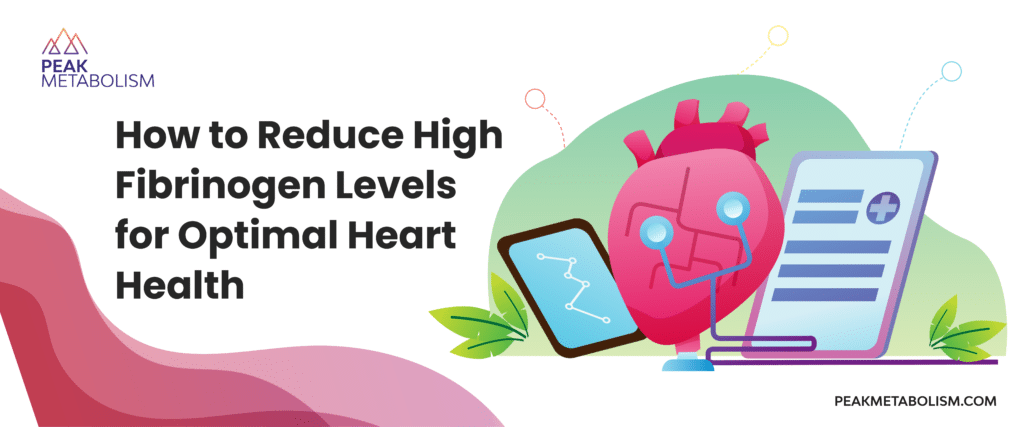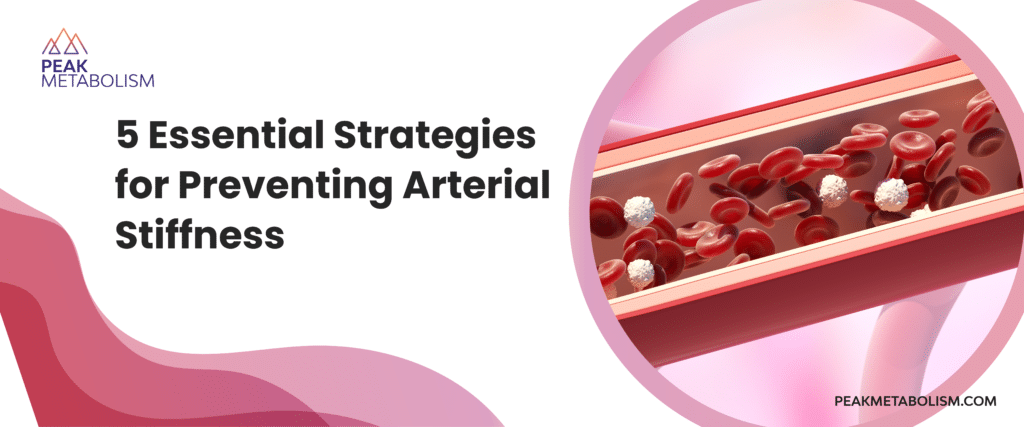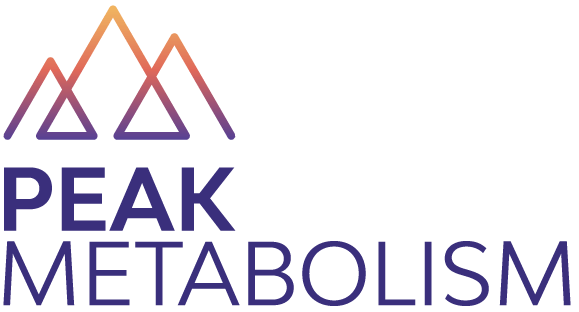
Cholesterol often gets all the attention in discussions about heart health, overshadowing its equally significant relative, triglycerides, which can be far more insidious. High triglycerides, a type of fat found in your blood, play a quiet but pivotal role in your overall health. Unlike cholesterol, which garners widespread scrutiny, high triglyceride levels frequently go unnoticed, potentially leading to severe health implications. Functional Medicine (FM) challenges the conventional wisdom on healthy triglyceride levels, suggesting that the commonly accepted reference range for high triglycerides may indeed be setting the bar too high for true health.
Understanding Triglycerides
Triglycerides are lipids (fats) that your body retains in its fat cells. They’re formed from surplus calories in the food you eat, which your body converts to triglycerides for storage. When you need energy in between meals, hormones trigger the release of triglycerides.
Your body creates and stores triglycerides whenever you consume more calories than you use, but are particularly likely to form if you eat too many carbohydrates. This can lead to a condition called hypertriglyceridemia, which means you have especially high levels of triglycerides in your body.
Other factors that can increase your triglyceride levels include inactivity, smoking, being overweight, and alcohol consumption. Your triglyceride levels may also rise if you’re taking medications such as diuretics, estrogen and progesterone, retinoids, steroids, beta blockers, certain HIV medications, and some types of immunosuppressants.
How Does Having High Triglyceride Affect My Health?
High triglycerides may play a role in the development of atherosclerosis (also known as arteriosclerosis). This condition develops when lipids in your blood clump together with calcium and other particles to form plaque, a major risk factor for myocardial infarction (heart attack) and strokes.
High triglycerides are also one of the symptoms of metabolic syndrome. This condition occurs when you have a group of health problems such as:
- High blood pressure
- High blood sugar
- Abnormal cholesterol levels
- Too much fat around your waist
If you have these complications in addition to high triglycerides, it significantly increases your risk of heart disease.
High triglyceride levels can sometimes signify you have an endocrine condition such as Type 2 diabetes, prediabetes, or hypothyroidism (insufficient thyroid hormones), and very high triglycerides can cause pancreatitis (acute inflammation of your pancreas).

What’s the Purpose of Reference Ranges?
Your doctor measures triglyceride levels by testing a sample of your blood. Conventional medicine uses reference ranges to indicate when your triglyceride levels are too high. These reference ranges are as follows:
- Normal: below 150 milligrams per deciliter (mg/dL) or 1.7 millimoles per liter (mmol/L)
- Borderline high: between150 and 199 mg/dL (1.8 to 2.2 mmol/L)
- High: Between 200 and 499 mg/dL (2.3 to 5.6 mmol/L)
- Very high: Above 500 mg/dL (5.7 mmol/L)
Functional medicine practitioners question whether a level of 150mg/dL is too high and argue that 75-100mg/dL is a more accurate reflection of normal, healthy triglyceride levels.
The problem with reference ranges is that they indicate the presence of disease, whereas functional medicine ranges indicate good health. For example, at 150mg/dL, plaque could already be forming in your arteries, even if it hasn’t reached a critical stage.
By the time it does get to a higher level, you’ll probably require treatment for arteries that are already damaged to some degree. In contrast, a functional medicine practitioner would want to address climbing triglyceride levels before they reach the point of requiring medications or invasive procedures.
With a functional medicine approach, you could make nutritional and other lifestyle changes to prevent your triglyceride levels from rising any higher, which has got to be a better way of caring for your health.
Dive deeper into the crucial balance between triglycerides and HDL cholesterol. Learn how maintaining an optimal ratio is key to safeguarding your heart health. Read the full article here: 🔗 Understanding Triglyceride and HDL Ratios for Optimal Heart Health
How Do I Reduce My Triglyceride Levels?
There are many ways to reduce high triglyceride levels. Losing weight if you’re overweight or obese can make a significant difference – even a modest reduction in your weight can lower triglycerides enough to benefit your health. Carbohydrates (sugars and starches) are a primary factor in triglyceride formation, so cutting down on these foods is one of the most effective ways to tackle high triglycerides. You should also consider the link between high triglycerides and insulin resistance, as seen in Type 2 diabetes. If your body can’t use the insulin it produces, blood sugar levels rise, and so do your triglycerides.
Eating more fiber from fruits, vegetables, and other plant sources helps to slow the rate at which your small intestine absorbs sugars and fats, and exercising regularly – particularly aerobic exercise that raises your heart rate – helps lower triglyceride levels. You can also increase your intake oily fish (such as salmon, sardines, tuna, herring, and mackerel), and unsaturated fats found in foods like avocado, olive oil, flax, and chia seeds.
There aren’t any benefits to having high triglycerides, but their link to several potentially life-threatening health problems is well-proven. By adopting the functional medicine benchmark of 75-100mg/dL and taking action to reduce your triglycerides before they reach 150mg/dL, you could avoid the devastating effects of cardiovascular disease.
Understanding your triglyceride levels is crucial for your health. If you’re concerned about your triglycerides or any related health issues, we strongly recommend getting in touch to book a personalised health assessment.
Stay Updated: Follow us on LinkedIn and Instagram for the latest updates and health tips.







